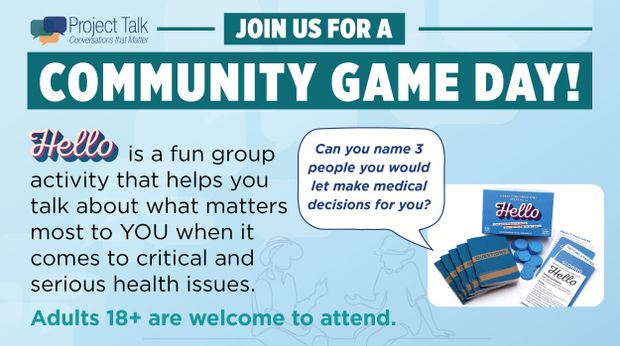What should I expect in my first session?
During your first session, your therapist will get to know you by asking about your current concerns, mental health history, and background (family, education, work). They’ll also be interested in your strengths and support system. You might complete questionnaires to gather more information. The therapist will then discuss potential goals for therapy and create a treatment plan tailored to you. This plan will determine the type of therapy and how often you’ll meet. Together, you’ll decide on a pace that works best for you, and your therapist will always welcome your feedback to make sessions even more effective.
Do I Need a Referral?
No referral is needed for QMG Behavioral Health Department counseling services. However, it’s important to check your insurance coverage beforehand. Please note that referrals are required for other Behavioral Health services like Telepsychiatry and Neuropsychology.
Waitlist Information
Why is There a Waitlist?
The demand for mental health services has increased due to COVID-19. This means you may experience a waitlist when scheduling an appointment. We understand this can be frustrating, and we appreciate your patience. We are working hard to connect with everyone and encourage you to reach out if your situation is urgent or dangerous. You can also head to your local emergency department for immediate assistance.
Therapy for Children
Will I Need to Attend My Child’s Appointments?
If your child is under 12, you’ll likely be present for most, if not all, of the first appointment. This helps the therapist gather information from both you and your child. For children aged 12 – 17, you may be needed for part of the session to provide background information. Your child may then have some time alone with the therapist if they wish. The therapist will discuss who needs to be present for future appointments.
How Long Will Therapy Last?
There’s no one-size-fits-all answer. It depends on your child’s needs (type and severity of concerns), their openness to change, and the chosen therapy approach. Some children improve quickly, while others require more time. Your therapist will work with you and your child to design a treatment plan and schedule that addresses their specific needs.
Health Topics:



